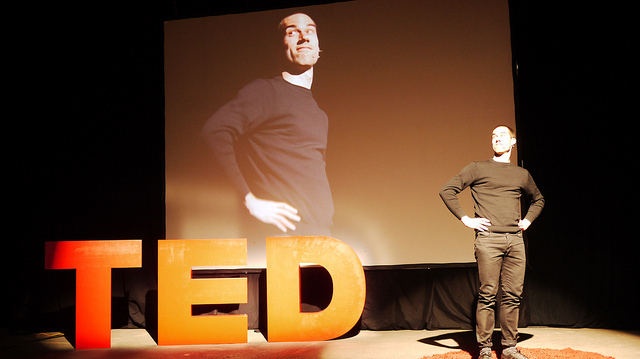The audience for a TED Talk depends on both the platform and the presenter, a new study shows. The researchers found out that those who watch the videos on YouTube were more likely to leave comments about the presenter, whereas those viewing on the TED website tended to engage with the talk content. They […]
Category: News tip

StarCraft 2 players get old at 24
As we age, our ability to process information and react in fast manner becomes dulled. New research shows that within a popular video game, StarCraft 2, response times start to decline at 24 years of age, regardless of a player’s skill. The authors analyzed data on 3,305 players aged between 16 and 44 of all […]
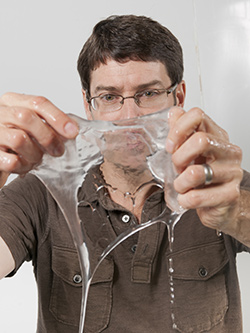
How the hagfish forms its slime
Hagfish slime – produced as a defense mechanism – contains long, thread-like proteins that can be as strong as spider silk. A new study provides insights that could help researchers create artificial versions of these threads for use in clothing or other applications. The study used advanced microscopic techniques to trace the life cycle of the hagfish […]
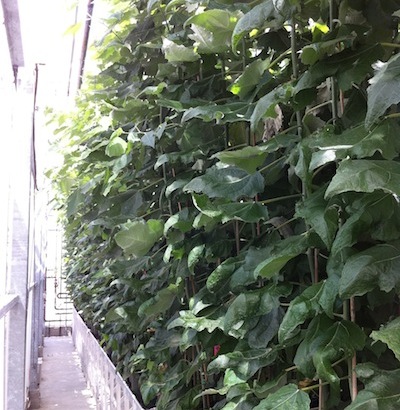
Engineering easier trees
Wood contains both cellulose and lignin. Cellulose is the key component of paper, cardboard and other paper products. Lignin a material that is generally discarded as waste or burned for heat energy. The process of separating the two requires the use of both valuable energy and harmful chemicals. Researchers have genetically engineered poplar trees to […]
Scientists eager to participate in public discourse on environment
Scientists are willing to take part in public discourse on environment, but they often perceive themselves as not competent enough, a new study says. A survey of 500 researchers have shown that 98 per cent said they would be willing to advocate for a policy if they felt there was sufficient scientific evidence to support […]
Tracing the ‘brain noise’ of schizophrenia
Using a simple eye-tracking experiment, researchers have shown that patients with schizophrenia make more errors when trying to locate visual signals than control patients. The pattern of errors can be used to make computer models of the noise in what are called ‘corollary discharge signals.’ These signals are how one part of the brain keeps […]

Zebra stripes may deter biting flies
Why do zebras have stripes? A new study suggests that rather than serving as camouflage, they may have evolved as a way to avoid fly bites. Researchers found that among equids (horse-like animals), striped species such as zebras overlapped the range of flies known to avoid black and white surfaces. Moreover, they didn’t find any […]
Men with depression spend more time on their computers
A new study tracked screen time – time spent watching TV or using a computer – among 761 Montreal-area subjects in their mid-twenties. While all the subjects spent more time in front of screens than is generally considered healthy, men who had previously self-identified symptoms of depression spent more time using computers than women with […]

Hockey a major cause of youth concussions
A recently published study tracked 2,112 concussion patients under the age of 18 arriving at a London, ON health centre between 2006 and 2011. It found that nearly half of all concussions were caused by sports, and that more than a third of these were from hockey alone. Two thirds of the concussions occurred in […]

Migrating Golden Eagles Avoid Turbines at a Rocky Mountain Wind Installation
Researchers in British Columbia have found that eagles detect and avoid wind turbines during migration by increasing their flight altitudes. The researchers visually tracked golden eagle migration over a commercial wind farm before and after construction. They monitored the commercial wind installation in the Hart Range near Chetwynd British Columbia – the Dokie 1 Wind Energy […]
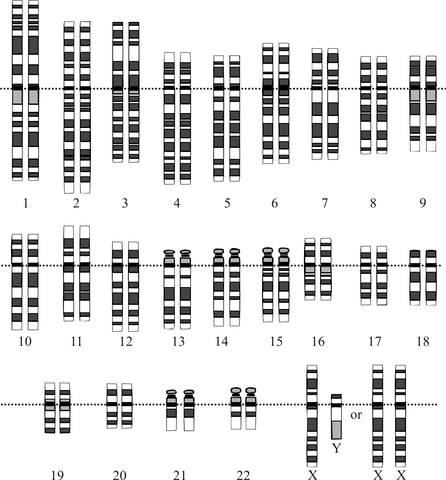
The ethical implications of newborn genome screening
Newborn screening relies on whole-genome sequencing to look for genetic, endrocine or metabolic disorders in babies. In a commentary article, the authors provides a list of questions about ethical, legal, and social issues raised by the future of newborn screening. They argue that the child interests should be taken into account when any changes in […]
Carbon coatings could enable tougher electronics, medical devices
For over 30 years, materials scientists have been able to coat metals with layers of organic compounds only a single molecule thick; these ultra-thin coatings are used in microelectronics, medicine and biosensing. However, so far all of these rely on a bond between the metal and sulfur, which can be easily broken by heat or […]
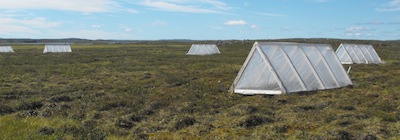
Shrubs duke it out in a warming Arctic
As the Arctic tundra warms, will fast-growing leafy plants come to dominate the landscape, or will they lose out to the slow-but-steady evergreens? The results of a 8-year experiment using plastic greenhouses to simulate warmer temperatures seem to indicate the latter. Even though deciduous trees are better at exploiting fertile environments, the tougher evergreens grew […]

Faking it? Computers can tell
According to a new study, humans are not very good at determining whether someone’s face is expressing real pain (e.g. from having one’s arm immersed in cold water) versus faked pain. Even after training, humans got it right only 55 per cent of the time, just slightly better than random chance. By contrast, image recognition […]

Immunization? There’s an app for that
A smartphone app called ImmunizeCA helps patients and their families keep track of which immunizations they have and haven’t received. The app has been developed through a collaboration between the Canadian Public Health Association (CPHA), Immunize Canada, and the Ottawa Hospital Research Institute (OHRI) with funding from the Public Health Agency of Canada.
Ice anomalies in the Mackenzie Delta may help explain sea ice loss
As the climate warms, scientists predict more precipitation, higher river flows and earlier ice breakup in the spring. But even though ice is breaking up earlier on Canada’s longest river – the Mackenzie – its total discharge has not changed. A new analysis shows that the cause may instead be reduced snow accumulation in the […]
